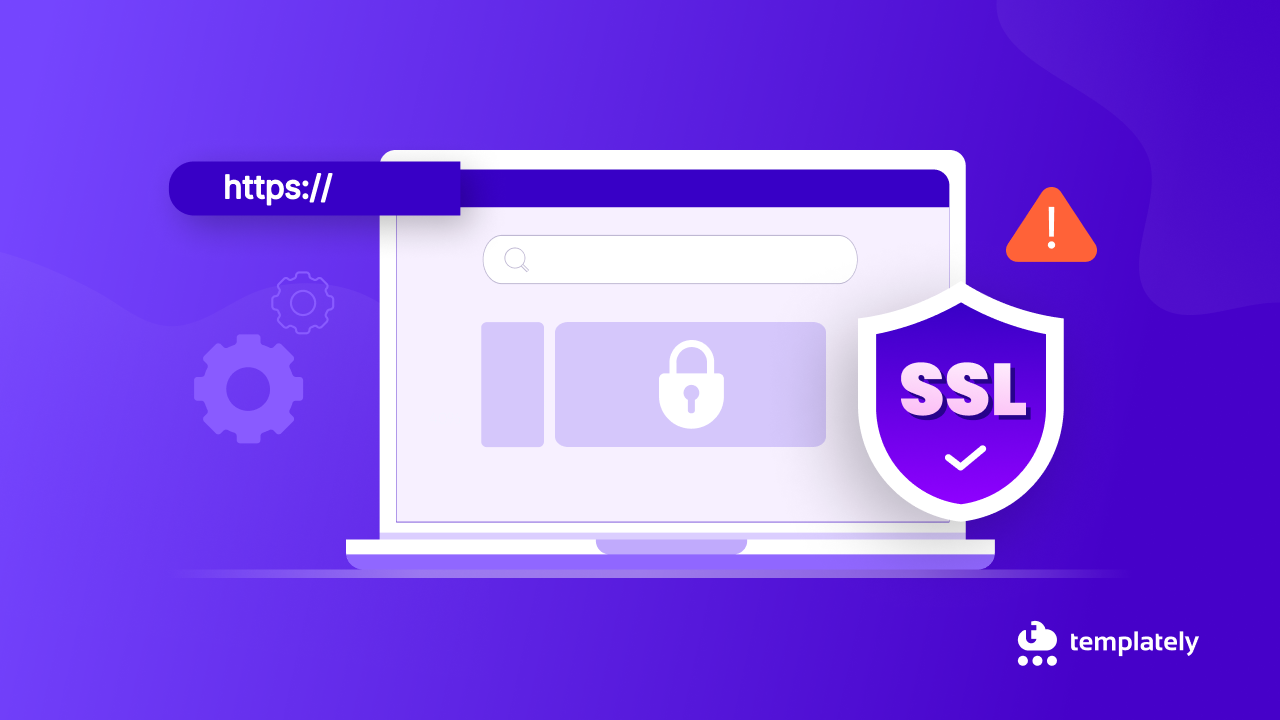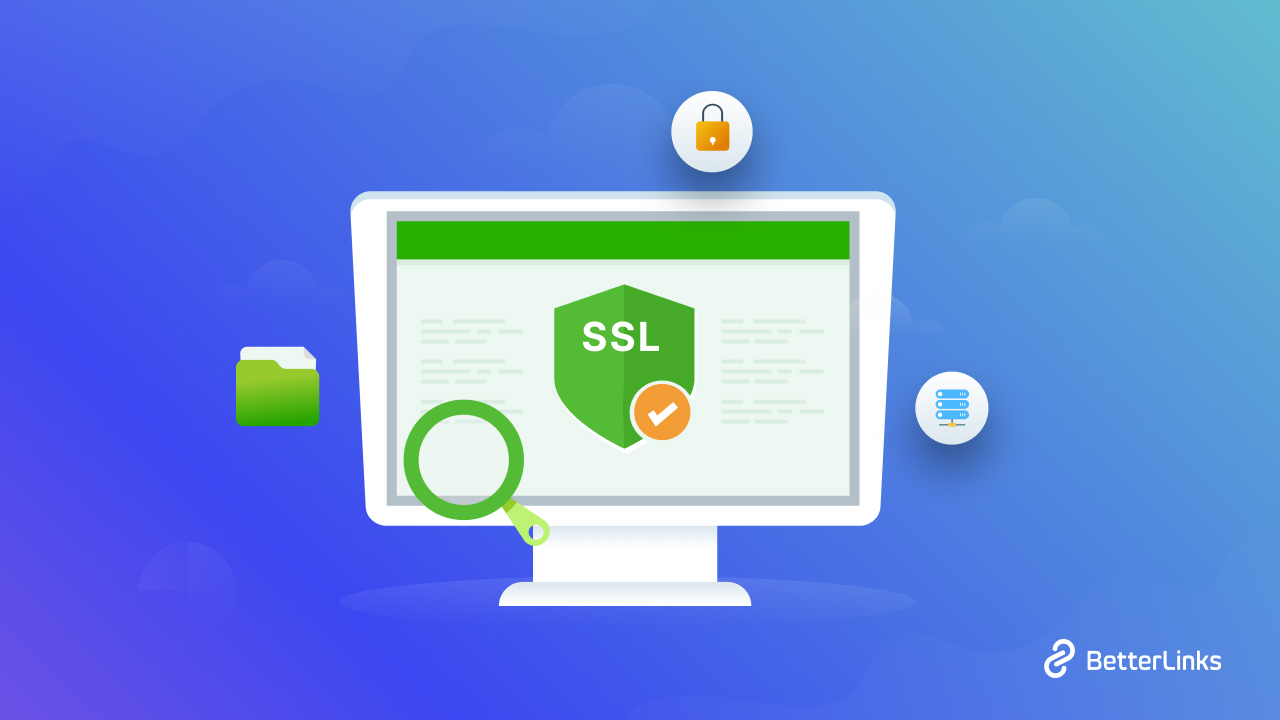Website security is a top priority for both website admins and visitors. One fundamental aspect of web security is the SSL certificate, an acronym for Secure Sockets Layer. But what is it? In this comprehensive guide, delve into what an SSL certificate is, how it works, and why you absolutely need one for your website. Let’s embark on a journey to enhance your website’s security and build trust with your audience.

What Is an SSL Certificate: Defining How It Works
At its core, an SSL certificate is a digital document that authenticates the identity of a website while encrypting data transmitted between the user’s browser and the web server. This process ensures a secure and private connection, safeguarding sensitive information from potential cyber threats.
SSL certificates establish a secure connection through a cryptographic key, often referred to as the SSL/TLS (Transport Layer Security) protocol. Check out the details of how it works:
👉 Handshake: A user’s browser requests a secure connection when they visit a website. The SSL from the server is sent as a response.
👉 Verification: The browser confirms the certificate’s validity and determines whether it was issued by a reputable Certificate Authority (CA). Organizations called CAs attest to the legitimacy of a website.
👉 Key Exchange: After the certificate has been verified, a secure session key is generated, enabling the transmission of encrypted data.
👉 Encryption: All information sent between the browser and the server is encrypted, rendering interceptors unable to decipher it.
SSL certificates provide a secure channel for data transfer, ensuring the integrity and confidentiality of your users’ information.
Why Do You Need An SSL Certificate For Your Website?
Now that you understand what an SSL certificate is and how it works to protect your website, let’s explore the reasons why you should have one:
1. Protecting Data
Protecting sensitive data is an SSL’s main function. Whether it’s login credentials, payment information, or personal information, SSL ensures that it stays private and is difficult for attackers to access.
2. Building Trust
Users seek reassurance that their data is secure when they visit your website. A secure connection is shown by the padlock icon and “https://” in the browser’s address bar, which greatly contributes to trust. A trustworthy website is secure.
3. Ranking Higher On SERPs
Search engines like Google consider SSL encryption as a ranking factor. Websites with SSL certificates are more likely to rank higher in search results. By implementing SSL, you are not just securing your site but also boosting its visibility.
4. Avoiding Browser Warnings
Modern browsers are quick to identify non-secure websites and alert users. These warnings can scare visitors away. An SSL certificate ensures your website doesn’t trigger these alarm bells, preventing potential customers from fleeing.
Bonus Tip: Learn How To Maintain SSL Certificates
Obtaining an SSL certificate is just the beginning; you must also maintain it. Here are some best practices:

1. Keep an Eye on Expiry Dates
SSL certificates have an expiration date. Ensure you renew your certificate before it lapses to prevent interruptions in your website’s security.
2. Update Your Certificate
Technology evolves, and so do SSL/TLS protocols. Stay up to date with the latest standards and ensure your certificate reflects these changes.
3. Regular Scans and Testing
Periodically scan your website for vulnerabilities and conduct security audits. This ensures that your SSL is intact and is actively protecting your website.
Now It’s Your Turn To Explore SSL Certificates!
An SSL certificate is not just a fancy addition to your website; it’s a crucial element for ensuring the security, trustworthiness, and success of your online presence. With the ever-present threat of cyberattacks and growing concerns about data privacy, it’s more important than ever to invest in the protection of your website and your users.
By implementing an SSL certificate on your website, you are taking a proactive step in securing your digital presence and ensuring that your users can interact with confidence. Remember, in today’s digital age, where information is constantly being shared and accessed online, the importance of website security cannot be overstated.
So, go ahead and take the necessary steps to protect your website, your users, and your online reputation. An SSL certificate is not just a piece of digital security; it’s a symbol of trust and a key to success in the online world.
In addition, if you want to read more exciting blogs, subscribe to our blog page, and join our Facebook community to get all updates.







